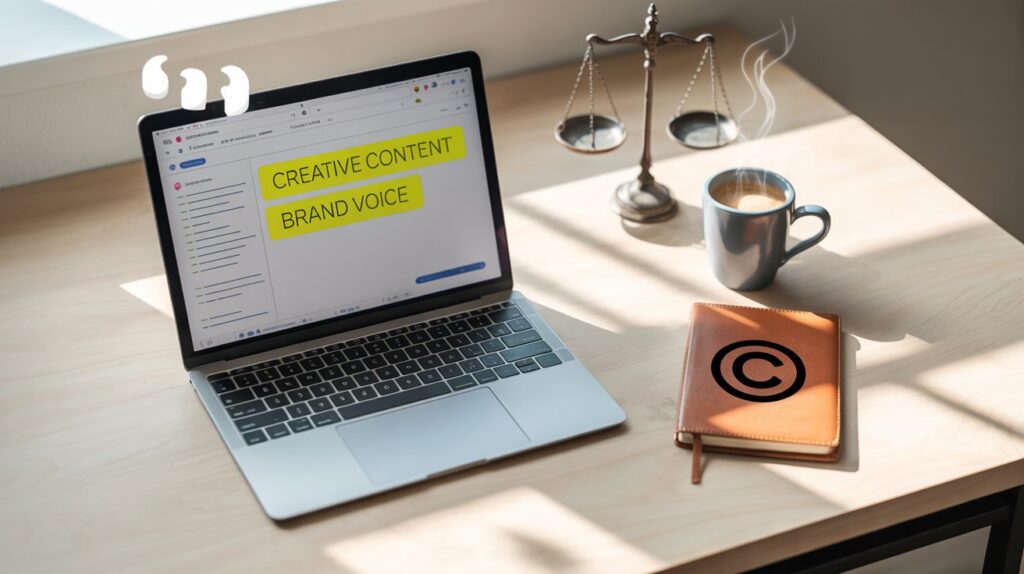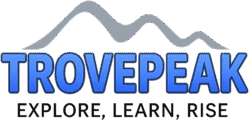If you’ve been blogging long enough, chances are you’ve seen a strange claim floating around:
“You can’t use this phrase, I own it.”
Sounds odd, right? Yet some bloggers and even businesses act as if common phrases, short taglines, or even keywords are their personal property. This has created confusion, fear, and sometimes heated debates in the blogging world.
So, is there really a copyright conspiracy happening online? Can someone truly “own” a phrase you want to use in your blog? Let’s break it down with logic, law, and a touch of common sense.

Copyright vs. Phrases: Where the Confusion Starts
First, the basics. Copyright law protects original creative works — think blog posts, music, novels, videos, or art. What copyright does not cover are:
- Common words or short phrases
- Titles or slogans
- Ideas themselves (only their specific expression)
This means that phrases like “SEO tips,” “morning routine,” or “work smarter, not harder” cannot be copyrighted.
👉 Yet, here’s where the problem starts: some bloggers assume copyright applies to single phrases, and they use this myth as a way to scare competitors or newcomers.
Enter Trademarks: A Different Kind of Protection
While copyright doesn’t protect phrases, trademarks sometimes do.
For example:
- Nike owns the phrase “Just Do It.”
- McDonald’s owns “I’m Lovin’ It.”
These aren’t copyrighted, but they’re trademarked — meaning you can’t legally use them in ways that create brand confusion or imply endorsement.
However, unless a phrase has been officially trademarked, nobody can claim exclusive rights to it. And even if it’s trademarked, bloggers can still use it in contexts like reviews, commentary, or comparisons.
The Blogger “Ownership” Illusion
So why do some bloggers claim ownership of phrases? Here are the most common reasons:
- Fear of Competition
They believe by scaring others away from certain phrases, they’ll hold onto their SEO advantage. - Misunderstanding the Law
Many genuinely think copyright covers everything, including short phrases — which isn’t true. - Authority Play
Some bloggers enjoy positioning themselves as “gatekeepers” of terms, hoping others won’t challenge them. - Confusing SEO with Ownership
Ranking for a keyword doesn’t mean you own it. It only means Google thinks your content is currently most relevant.
Real-World Examples of Phrase Disputes
- A food blogger once told others not to use “5-minute meals” because they “owned” it. In reality, dozens of cookbooks and websites use the same phrase legally.
- Tech bloggers sometimes claim they coined terms like “micro-influencer” or “content hacking,” but those terms spread widely and became part of industry vocabulary.
- Some SEO bloggers have even suggested that using their “signature phrases” is plagiarism — but unless you copy their exact sentences or articles, it’s not.
👉 These disputes aren’t just misleading; they hurt the collaborative spirit of blogging.
What Actually Can Be Protected
To be fair, bloggers can protect certain elements of their work:
- Unique articles or guides → copyright applies to the full content.
- Logos, slogans, and brand names → possible trademark protection.
- Original frameworks or concepts → if detailed enough, they may be protected as intellectual property.
But a standalone phrase like “10 tips for better blogging”? That’s free for everyone.
How Bloggers Should Handle Phrases (The Healthy Way)
- Focus on Originality in Execution
Instead of worrying about who “owns” a phrase, focus on how you deliver the value behind it. - Build a Brand Around Style, Not Words
Your unique voice, design, and perspective are harder to copy than a keyword. - Use Phrases Freely, But Ethically
Don’t lift entire sections of content, but don’t feel guilty using common industry terms. - Register a Trademark If Needed
If you truly believe a slogan represents your brand identity, trademark it instead of relying on copyright myths.
Why This Matters for Bloggers in 2025
With AI-generated content flooding the web, the pressure to stand out is higher than ever. Some bloggers may lean on intimidation — claiming ownership of phrases — to scare others off. But that’s not sustainable.
The winners will be those who:
- Publish valuable, authentic content.
- Respect real intellectual property laws.
- Ignore myths and focus on creativity.
Final Thoughts
At the end of the day, the so-called “copyright conspiracy” around phrases is less about law and more about misunderstanding. Bloggers don’t own common phrases. You’re free to use them, provided you’re not infringing on trademarks or directly copying someone’s unique expression.
👉 So write with confidence. Use the words your audience searches for. And remember: originality is in the delivery, not in claiming common phrases as your own.
👉 If you have any questions about SEO, blogging, or content strategy, feel free to contact us.
